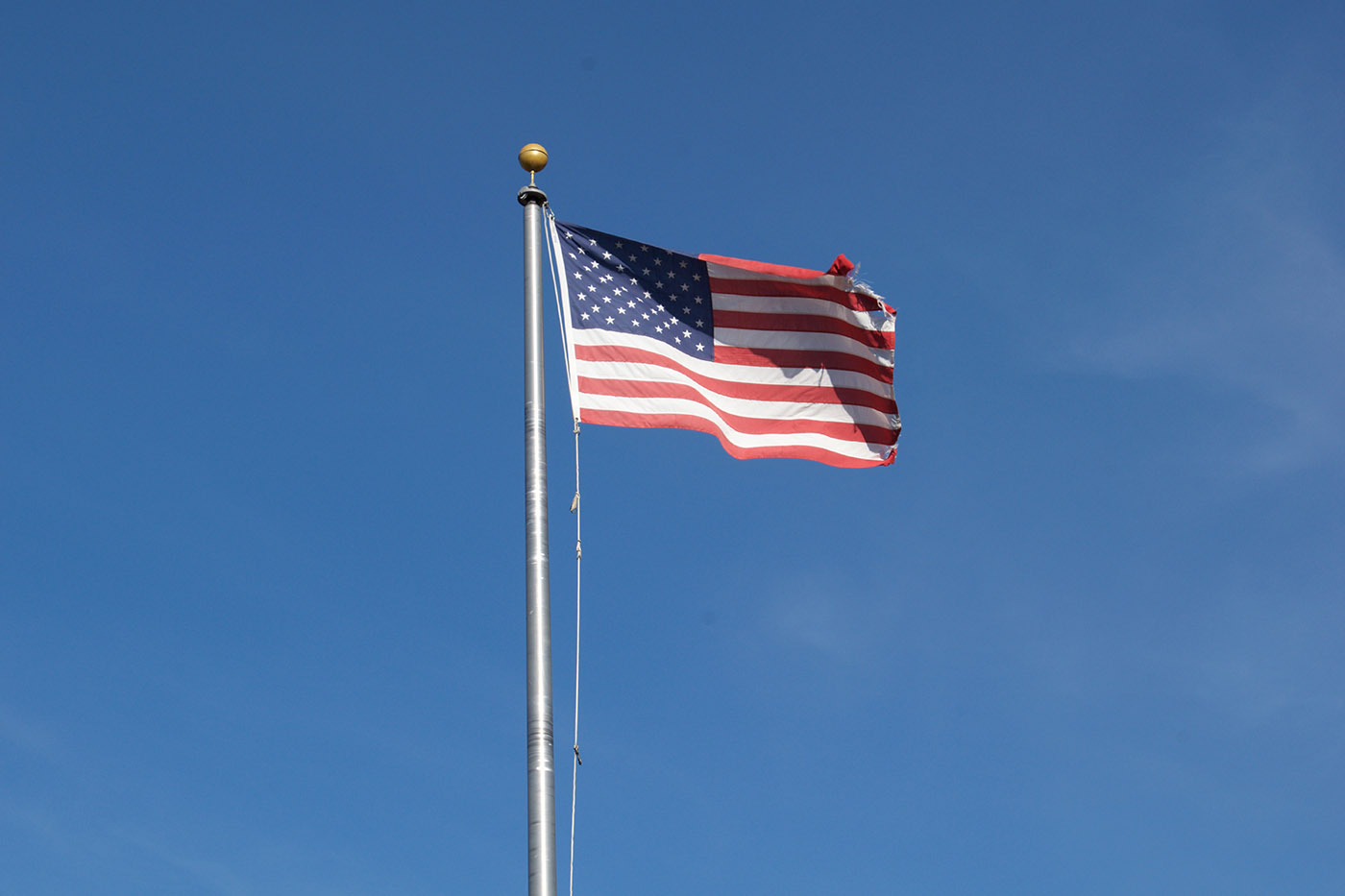On Jan. 22, the Supreme Court voted 5-4 on the Trump Administration’s request to ban most transgender people from military service, while the court waits to consolidate lower court cases.
This decision allows the Pentagon to prohibit the majority of transgender people from serving in the U.S. Military, with the exception of those who agree to serve in their “biological sex” and those already serving openly as transgender. The transgender ban policy will not be implemented until the fourth national injunction from a case in the U.S. Maryland District Court is removed.
“The military is one of the largest employers in the nation,” a news release from the National Center for Lesbian Rights reads. “This ban is about employment discrimination, and as such it could have a ripple effect in every area of life, from immigration to family to law to employment and many others.”
The Administration said it is cost ineffective to pay for gender-affirmative surgeries and transgender healthcare in the military. According to the United States Department of Defense 2018 Budget Request, the upper estimate for annual transgender medical costs in the military amounts to a thousandth of 1 percent of the Defense Department’s annual budget.
Prior to this ban, transgender people were prohibited from U.S. Military Service until June 2016. At that time, President Barack Obama issued an order to repeal the transgender ban for members already in the military. He requested that in 2017, a year later, the ban be lifted to allow new transgender people to join the military.
The Trump Administration denied that order and proposed an appeal to reverse the original 2016 lift on the transgender ban.
Computer engineering senior and Navy serviceman Matt Bailey said he benefited from his time in the service and that it is unfortunate many people will not be able to do the same.
“I personally used [the military] as a stepping stone to get to a place where I felt more comfortable with my life and to better myself,” Bailey said. “I think that’s a great opportunity that should be available to all people. I think that it’s unfortunate that the administration decided to go forward with [the Trump Administration’s] guidance because I feel like if someone would want to use that experience to do whatever with their life, that should be available.”
Bailey also said the military does have the end-say on decisions like this, whether or not he agrees with it.
“At the exact same time, as [my friends and I] were just talking about five minutes ago, the military isn’t available for everybody, and that is their ability to say what they can and cannot allow,” Bailey said. “You cannot join the military if you have diabetes. You cannot join the military if you have asthma and things like that. I don’t think that being transgender should exclude you from that. I don’t think that that is one of those conditions. But they do have the end say, and I find it unfortunate that as someone who had a great experience in the military and bettered themselves immensely through it, I would like that to be available to everybody.”
The Cal Poly Army ROTC program declined to comment and redirected Mustang News to the Department of Defense, who did not respond for comment.
San Luis Obispo senior resident Jamie Woolf, who is involved with both the Gay and Lesbian Alliance (GALA) and Tranz Central Coast (TCC), wrote in an email to Mustang News that she found the recent Supreme Court decision very frightening.
“I felt a combination of frustration, anger and fear,” Woolf wrote. “Frustration, because so many people don’t understand transgender people. Anger, because some on the far Right are using that confusion to paint us as something dangerous and broken. And fearful, because if they succeed in arguing that we are somehow unfit for military service, there will be people who say we’re unfit to be work in their company, be their neighbor, etcetera.”
Woolf wrote that although the news was unsettling to her, she is hopeful that hard work from the queer community will make an impact.
“I’m sad, but I’m optimistic,” Woolf wrote. “I’m 66 years old and have lived through some awful times for queer people. Things are getting better. The process is two steps forward, one step back. We’re currently stepping back, but people are coming out and more and more people know at least one trans person. It’s going to get better. We’re working hard to make certain it happens.”
Aidan McGloin contributed to this article.

